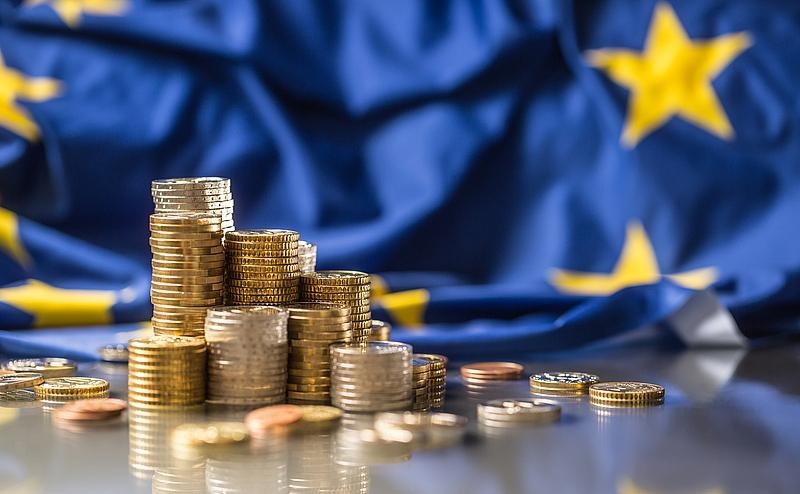China’s economy experienced a sharp contraction in the second quarter of 2022 after months of widespread lockdowns to pursue its infamous zero-COVID policy, hitting businesses and consumers.
Gross domestic product (GDP) was found to have contracted by 2.6 per cent between April and June of this year, when compared to the previous quarter.
This comes as major cities in China, including the financial and manufacturing powerhouse that is Shanghai, were put into extensive lockdown during the second quarter of the year.
Statistics show that on a year-on-year basis, China – as the world’s largest economy – grew by 0.4 per cent between April and June. This falls short of growth projections by a full one per cent.
Economic pundits note that this was the worst outcome for China since the start of the pandemic.
Meanwhile, June was more positive with lockdowns being eased and economic activity picking up. Despite this, commentators and analysts are reluctant to improve the country’s growth projections considering that the Government is still pursuing a zero-COVID policy. This would mean that future outbreaks would again lead to lockdowns and a shutting down of economic activity.
Why is China’s economy so important to the rest of the world?
Economists and other stakeholders around the world keep a close eye on the country’s GDP growth, or lack thereof, and the state of China’s economy in general.
GDP is a widely used measure for a country’s economic size and helps to gauge how well or poorly a particular economy is doing, helping businesses to understand when to invest and when to hold off. Being that China is a major exporter and a major consumer, the level of economy activity in the region has a great bearing on international prices of a wide range of commodities, while the country is a key market for several major multinational corporations.
For instance, around 70 per cent of the world’s air conditioners are produced in and exported from China, while it is also the world’s leading user of household cooling equipment.
With 1.4 billion people living in the region, and a growing middle class, it was found that one-third of the global luxury market is spent by Chinese residents.
It is also the world’s largest energy consumer, and the world’s largest buyer of steel, coal and copper.
Malta’s public debt tops €11 billion
The debt-to-GDP ratio remains well within EU limits
EU Commission unveils record €1.816 trillion budget – but faces an uphill battle on the negotiations table
The plan, touted as 'more strategic, more flexible, more transparent,' seeks to reallocate funds toward competitiveness, defence, and crisis resilience
WeTransfer to train AI on user files
This includes any kind of file, from films, photos, artworks, sensitive information and so on






